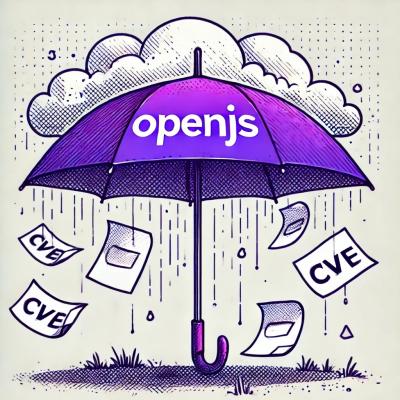
Research
Security News
Malicious npm Package Wipes Codebases with Remote Trigger
A malicious npm typosquat uses remote commands to silently delete entire project directories after a single mistyped install.
interface-blockstore-tests
Advanced tools
Compliance tests for the blockstore interface
$ npm i interface-blockstore-tests
const MyBlockstore from './path/to/my-blockstore')
const suite from 'interface-blockstore-tests')
describe('MyBlockstore', () => {
describe('interface-blockstore compliance tests', () => {
suite({
setup () {
return new MyBlockstore()
},
teardown () {}
})
})
})
Licensed under either of
Contributions welcome! Please check out the issues.
Also see our contributing document for more information on how we work, and about contributing in general.
Please be aware that all interactions related to this repo are subject to the IPFS Code of Conduct.
Unless you explicitly state otherwise, any contribution intentionally submitted for inclusion in the work by you, as defined in the Apache-2.0 license, shall be dual licensed as above, without any additional terms or conditions.
FAQs
Compliance tests for the blockstore interface
The npm package interface-blockstore-tests receives a total of 109 weekly downloads. As such, interface-blockstore-tests popularity was classified as not popular.
We found that interface-blockstore-tests demonstrated a healthy version release cadence and project activity because the last version was released less than a year ago. It has 2 open source maintainers collaborating on the project.
Did you know?

Socket for GitHub automatically highlights issues in each pull request and monitors the health of all your open source dependencies. Discover the contents of your packages and block harmful activity before you install or update your dependencies.

Research
Security News
A malicious npm typosquat uses remote commands to silently delete entire project directories after a single mistyped install.

Research
Security News
Malicious PyPI package semantic-types steals Solana private keys via transitive dependency installs using monkey patching and blockchain exfiltration.

Security News
New CNA status enables OpenJS Foundation to assign CVEs for security vulnerabilities in projects like ESLint, Fastify, Electron, and others, while leaving disclosure responsibility with individual maintainers.